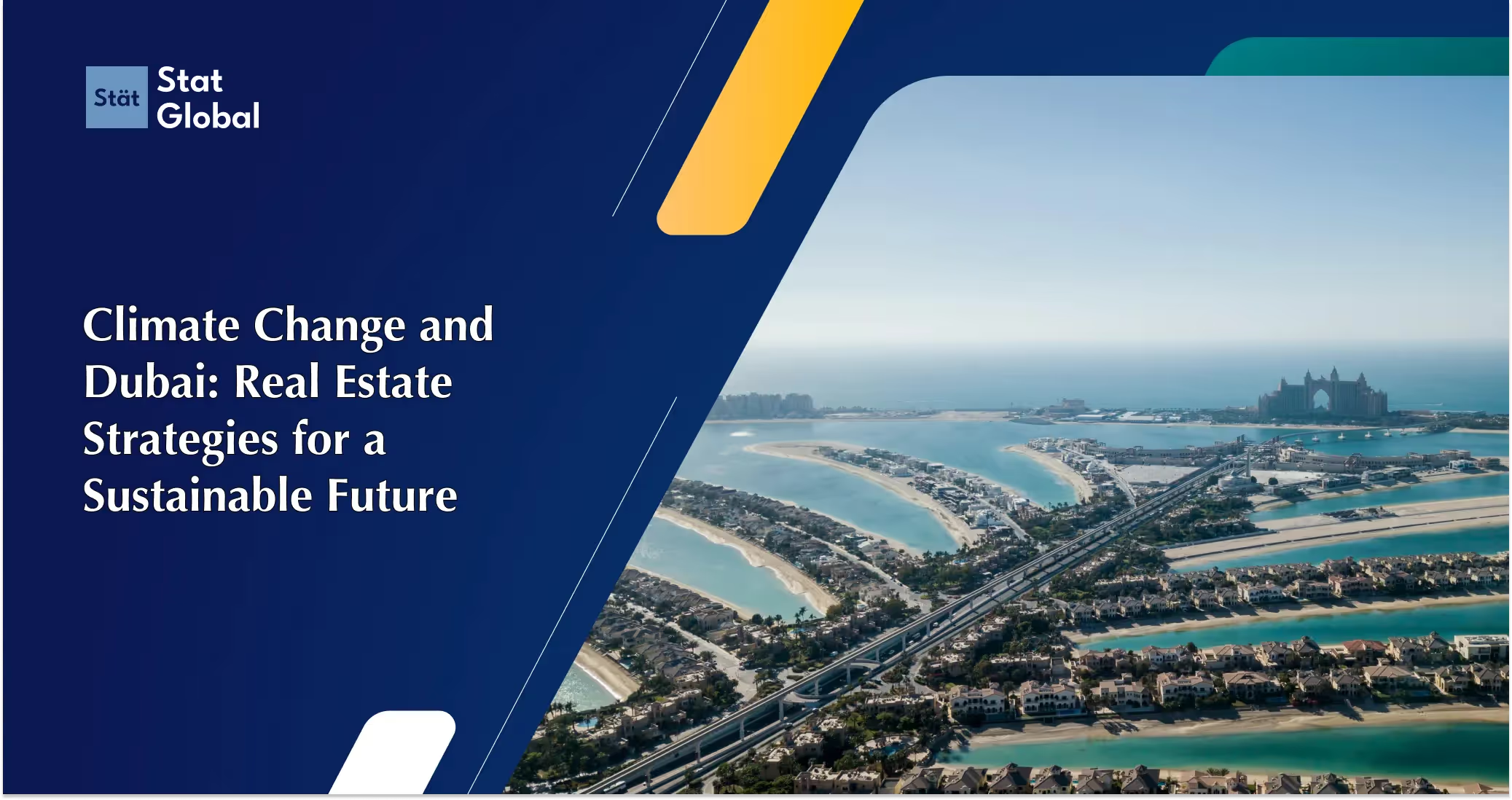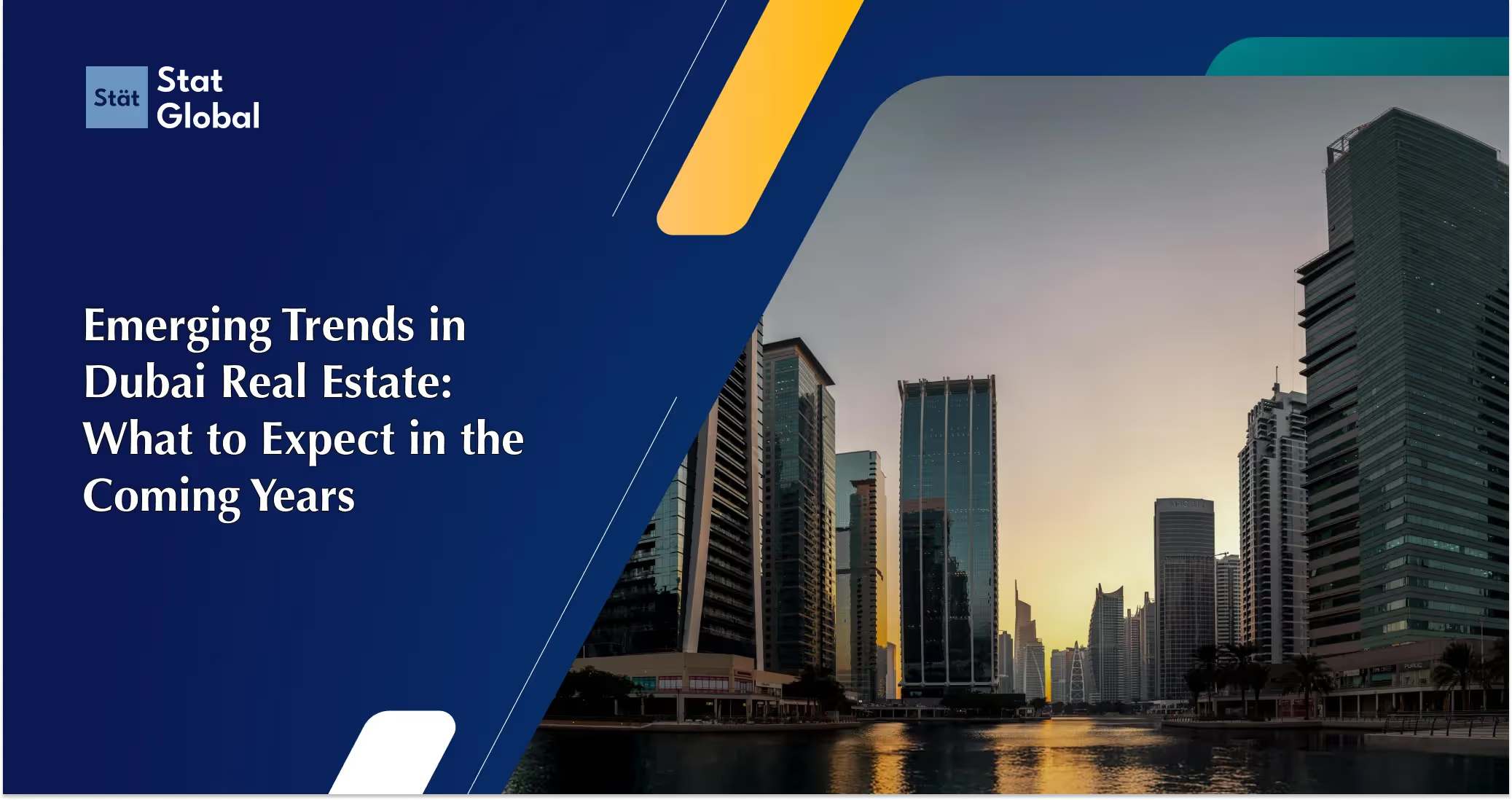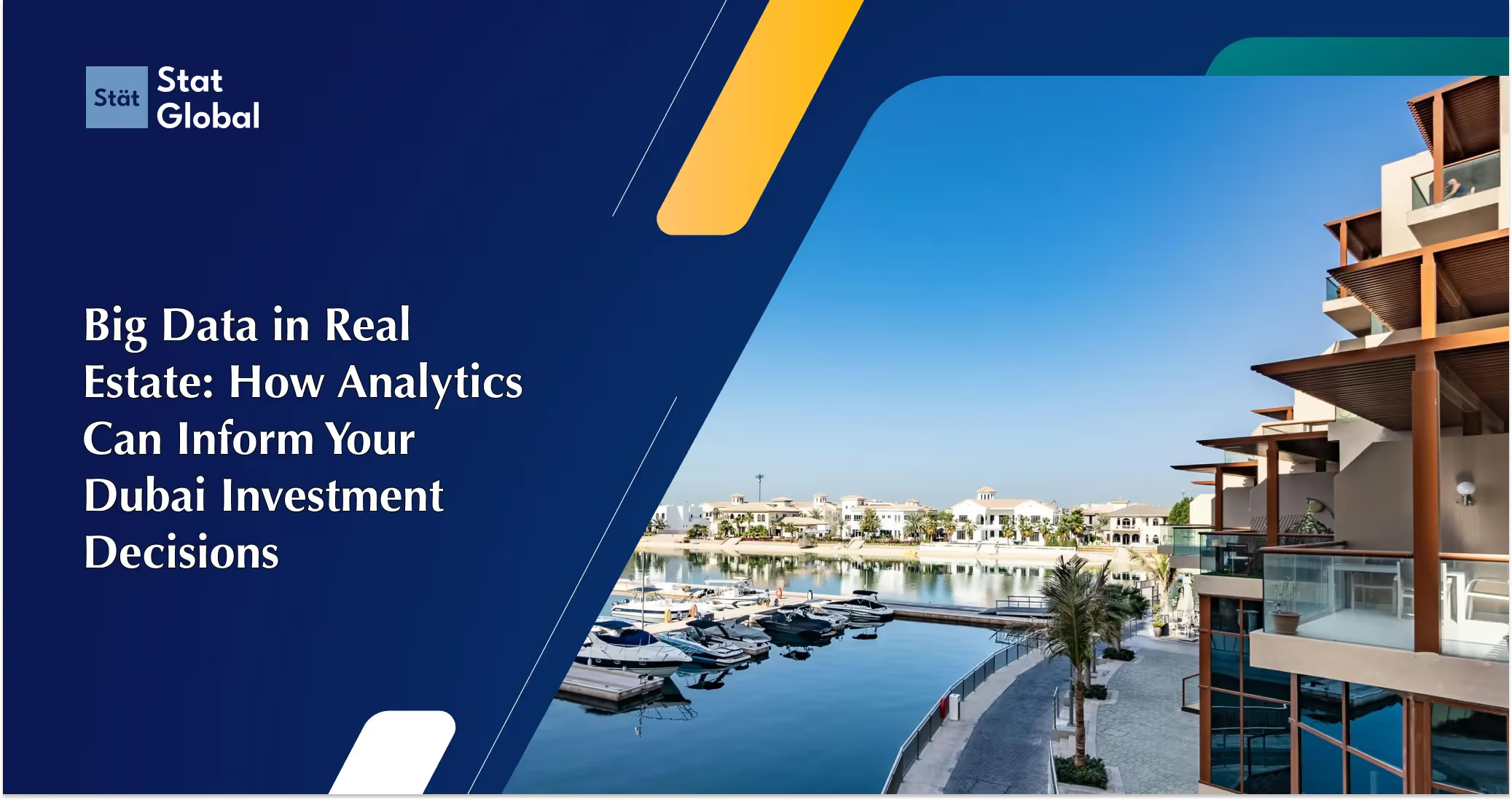
Climate Change and Dubai: Real Estate Strategies for a Sustainable Future
The United Arab Emirates (UAE), a nation synonymous with opulence and progress, stands at the forefront of addressing global challenges. Climate change, a pressing issue worldwide, has prompted the UAE to take proactive measures. The National Climate Change Plan, a collaborative effort involving the Ministry of Climate Change, the Global Green Growth Institute (GGGI), and numerous government agencies, private sector entities, and academic institutions, outlines ambitious goals to reduce the country's carbon footprint and foster environmental stewardship. This comprehensive strategy extends to the dynamic real estate sector, where climate resilience and innovation are becoming paramount.
Dubai, the crown jewel of the UAE, exemplifies the nation's commitment to sustainability. As a city built on innovation and luxury, it faces unique challenges posed by climate change, such as rising sea levels, extreme heat, and water scarcity. However, these challenges have also spurred a wave of creativity and adaptation, transforming Dubai into a global model for sustainable urban development.
The Impact of Climate Change on Dubai
Dubai's arid climate, characterized by high temperatures and low rainfall, has historically posed challenges for sustainable development. Climate change exacerbates these conditions, with rising sea levels threatening coastal infrastructure, increased heat stress impacting outdoor activities and human comfort, and more unpredictable weather patterns disrupting daily life and economic activities. The real estate sector, a cornerstone of Dubai's economy, is particularly vulnerable to these changes. Property values, investment returns, and the overall livability of the city are directly influenced by the climate.
Climate Mitigation and Adaptation Strategies
The UAE's proactive stance on climate change is evident in its ambitious renewable energy projects, energy efficiency initiatives, and sustainable urban planning. The National Climate Change Plan, developed in collaboration with key stakeholders like the Abu Dhabi Global Environmental Data Initiative, the Dubai Carbon Centre of Excellence, and Masdar, outlines a comprehensive approach to mitigating climate change.
The real estate industry is at the forefront of adaptation strategies. Developers are incorporating water-saving technologies such as greywater recycling and drought-resistant landscaping into projects. Smart home features that optimize energy consumption are becoming increasingly popular. Additionally, there's a growing focus on creating walkable communities and promoting alternative modes of transportation to reduce reliance on cars.
Economic Opportunities in Climate Action
Addressing climate change presents a significant economic opportunity for Dubai. The city's transition to a low-carbon economy is creating new markets for green technologies and sustainable products. Investments in renewable energy, energy efficiency, and water conservation are not only environmentally beneficial but also financially rewarding.
The UAE's Green Agenda 2015-2030, supported by entities like the Department of Economic Development in Dubai and Abu Dhabi, and the Ministry of Energy, outlines a clear path for sustainable development. Public-private partnerships, exemplified by collaborations between the government and companies such as Al Futtaim Group, Majid Al Futtaim Group, and Bee'ah, are driving innovation and investment in the green economy.
The UAE's Green Growth and Sustainable Development Policies
The UAE's Green Agenda 2015-2030 is a comprehensive framework driving sustainable development across sectors, including real estate. By prioritizing resource efficiency, waste reduction, and biodiversity conservation, the agenda aligns with global sustainability goals. The government's collaboration with private developers and investors is crucial in creating environmentally conscious projects.
Key initiatives such as the UAE Water Security Strategy and the UAE Research Program for Rain Enhancement Science exemplify the nation's commitment to addressing water scarcity and promoting a greener future. These efforts not only contribute to environmental sustainability but also enhance the overall quality of life, making the UAE an even more desirable place to live and invest.
The intersection of environmental stewardship and real estate development is increasingly evident in Dubai and beyond, as the demand for sustainable and eco-friendly properties grows.
Case Studies: Real Estate and Climate Action in Dubai
To illustrate the practical application of sustainable strategies, let's examine some successful case studies:
- Masdar City: As a pioneering sustainable urban development, Masdar City showcases the integration of renewable energy, green buildings, and smart city technologies.
- Dubai Sustainable City: This residential community prioritizes eco-friendly living, with features like solar power, organic farming, and waste management systems.
- Palm Jumeirah: The iconic Palm Jumeirah is incorporating sustainable elements, such as energy-efficient infrastructure and green spaces, to enhance its environmental performance.
Dubai is at the forefront of sustainability, with a strong commitment to combating climate change. The real estate sector is integral to this transition, offering opportunities for innovative and environmentally responsible development. By adopting sustainable practices, Dubai can strengthen its global reputation as a leader in sustainable urban living.
Stat Global is committed to helping investors navigate the complexities of Dubai's sustainable real estate market. Our expertise in market trends, policy analysis, and project evaluation can help you make informed decisions and achieve your investment goals. Contact us today to explore investment opportunities that align with your financial goals and contribute to a greener future for Dubai.


.svg)










